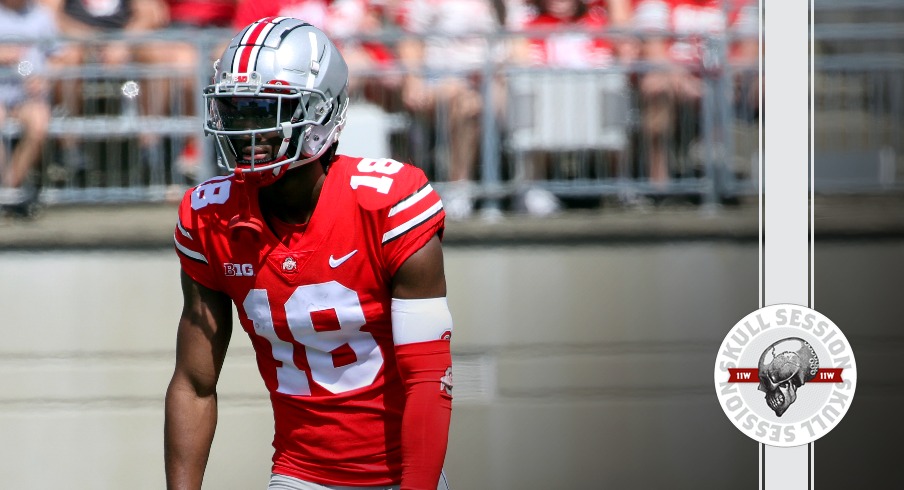The Michigan–Ohio State football rivalry, often referred to as “The Game,” stands as one of the most storied and intense rivalries in American sports. Dating back to 1897, this annual matchup has transcended the realm of college football, becoming a cultural phenomenon that captivates fans nationwide. Over the years, the game has not only determined conference championships but has also had significant implications on national title races, with both teams frequently vying for top rankings and playoff berths.
In recent years, the commercial landscape of college athletics has evolved, with institutions seeking innovative ways to generate revenue and enhance brand visibility. As a result, discussions have emerged regarding the potential for corporate sponsorships of major sporting events, including “The Game.” The idea of selling naming rights to this iconic rivalry presents both opportunities and challenges, prompting a closer examination of its implications.
Proponents of corporate sponsorship argue that partnering with a reputable brand could provide substantial financial benefits to both universities. The influx of sponsorship revenue could be allocated towards various athletic programs, facility enhancements, and student-athlete support services. Additionally, a corporate sponsor’s involvement could lead to increased media exposure and marketing opportunities, further elevating the profile of the rivalry.
However, opponents express concerns about the commercialization of a tradition-rich event. They fear that introducing corporate branding could dilute the authenticity and historical significance of “The Game.” For many fans, the rivalry represents more than just a football game; it embodies a deep-seated cultural and regional identity. The thought of attaching a corporate name to such a cherished tradition raises questions about preserving the integrity of the rivalry.
Beyond the financial and cultural considerations, logistical challenges also arise when contemplating a corporate sponsorship. The implementation of naming rights would necessitate changes to branding materials, promotional content, and game-day signage. Coordinating these modifications across multiple platforms and stakeholders could prove complex and time-consuming.
Despite these challenges, the potential rewards of a corporate partnership are undeniable. By aligning with a brand that shares similar values and resonates with the fan base, the universities could enhance the overall experience for attendees and viewers alike. Strategic sponsorships could lead to innovative fan engagement initiatives, exclusive merchandise offerings, and enhanced digital content, all contributing to a more dynamic and interactive event.
In conclusion, the prospect of introducing a corporate sponsor to “The Game” presents a multifaceted opportunity that warrants careful consideration. While the financial incentives are compelling, it is crucial to balance commercialization with the preservation of tradition. Engaging in open dialogue with stakeholders, including alumni, students, and fans, will be essential in determining the path forward. As the landscape of college athletics continues to evolve, finding innovative ways to honor traditions while embracing modern opportunities will be key to sustaining the legacy of “The Game.”



